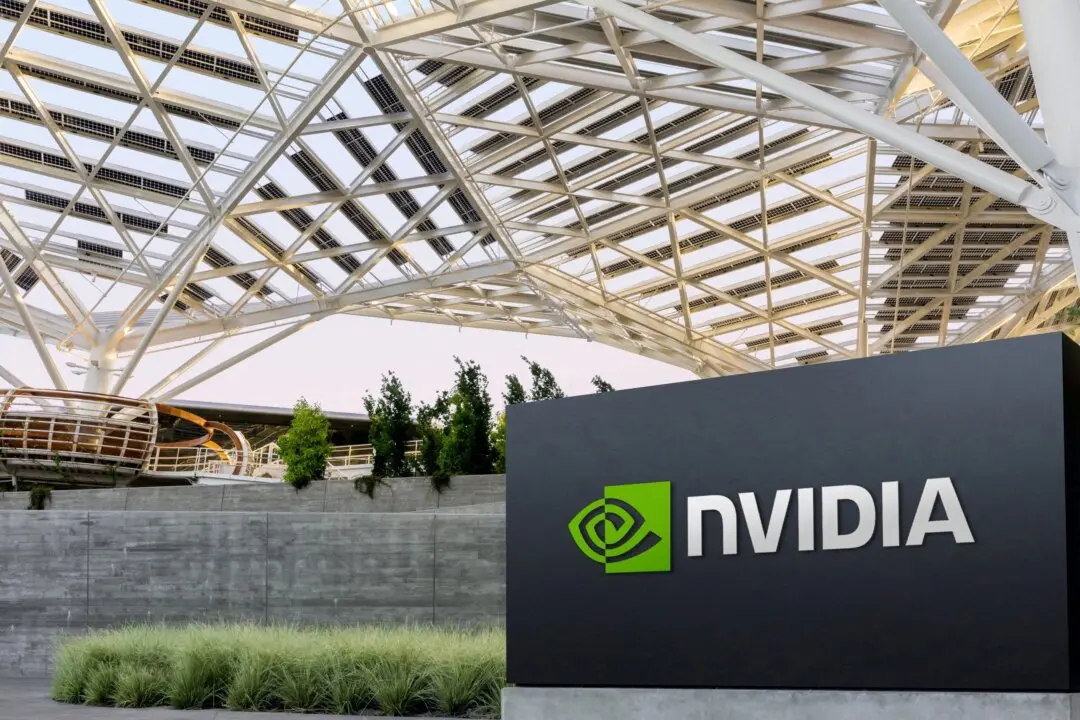JERUSALEM—Nvidia Corp. said it was building Israel’s most powerful artificial intelligence (AI) supercomputer to meet soaring customer demand for AI applications.
Nvidia, the world’s most valuable listed chip company, said on May 29 the cloud-based system would cost hundreds of millions of dollars and be partly operational by the end of 2023.





